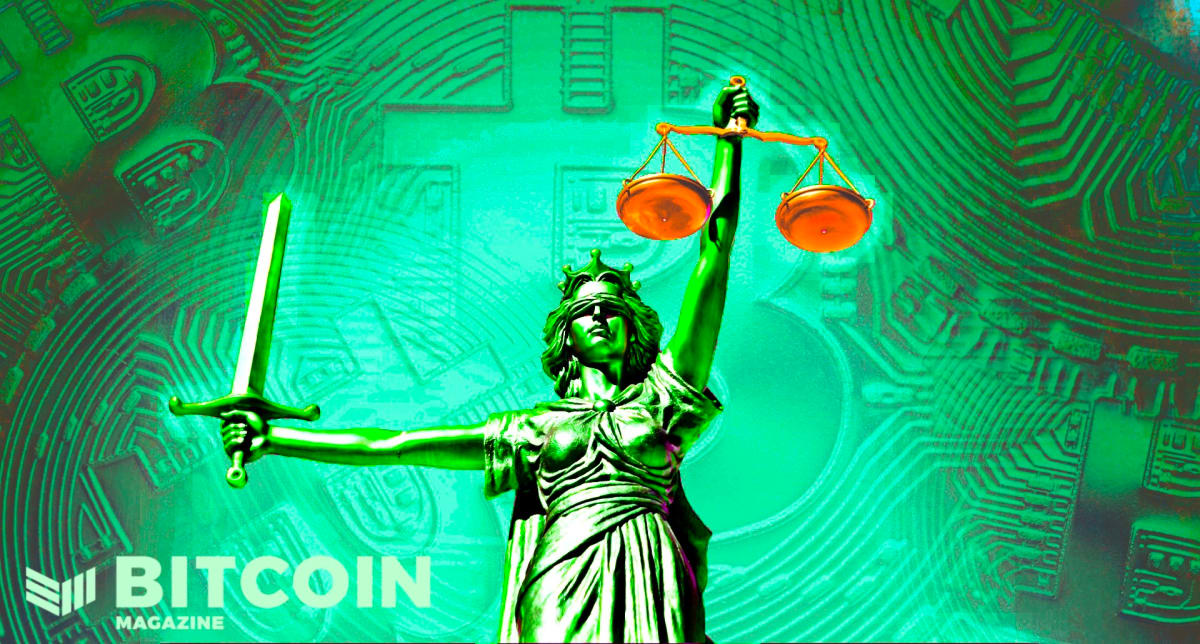
2022-3-5 22:18 |
One of the most influential liberal think tanks in Washington is opposed to plans by Congress to work up new laws aimed at bringing digital assets under the governments’ radar, arguing that existing securities laws can be used instead.
According to the group, existing financial regulatory agencies such as the Commodity Futures Trading Commission (CFTC) and the Securities and Exchange Commission (SEC) could conveniently handle legal issues arising from digital assets using existing laws.
“For crypto securities, we already have an existing structure in place, and that structure needs to be enforced,” Todd Phillips, director of financial regulation and corporate governance at the Centre for American Progress (CAP) told Reuters. “We don’t need to recreate the wheel,” he added.
According to the group, the SEC and CFTC could for instance use a report published by the CAP on March 1 in guiding their approach to dealing with digital currencies. The report argues that “cryptocurrencies cannot be pigeonholed into one asset class” and are “simply new, digital versions of the traditional financial products and physical assets that have been regulated for generations” hence can be regulated by the SEC.
Since kicking the Stablecoins regulation issue to Congress last year, both regulators and the U.S. Treasury Department have been torn in between regulating cryptocurrencies as a separate sector or including them in existing financial laws. Various progressives have been pushing for tougher stances on cryptocurrencies with the SEC ruffling crypto companies under bureaucratic instincts of the federal government pushed by Gary Gensler.
The think tank, which cautioned Congress against weakening existing regulations in its pursuit of reforms went on to further propose solutions to their regulatory mixup -such as requiring new crypto listings to be registered under the Securities Act and the SEC act just like stocks. This will protect investors from fraud schemes as a security that is not registered will be a red flag.
CAP also suggests that the SEC could regulate crypto wallet providers and exchanges, prohibiting them from providing services to prior bad actors, while the CFTC could strengthen its disclosure threshold on assets that back stablecoins. The report also stated that banking regulators can also issue and regulate stablecoins without prior consent by Congress.
After all, the Financial Crimes Enforcement Network has posted incredible success in identifying and prosecuting financial crimes, while the Internal Revenue Service has gone on to demand taxes “from whatever the source derived” using existing laws.
origin »Bitcoin price in Telegram @btc_price_every_hour
Safe Exchange Coin (SAFEX) íà Currencies.ru
|
|

























